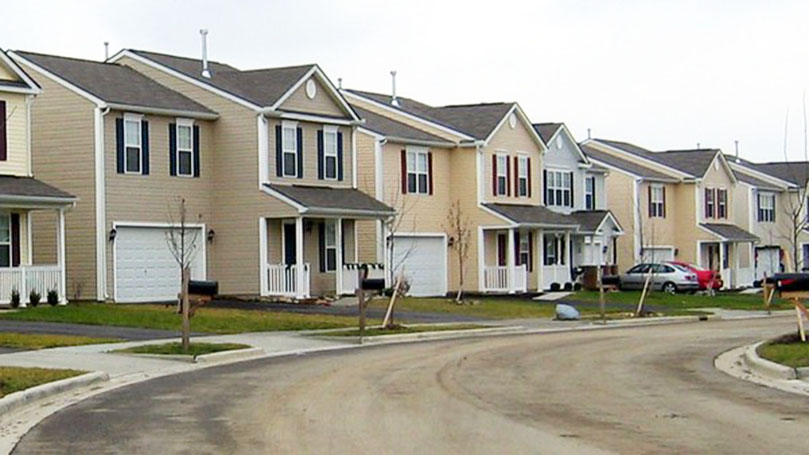This… is actually not a bad article. I would recommend it and maybe form your own opinions on the topic afterward. I do feel that the term “middle class,” while perhaps useful in some cases, mostly obscures the social situation in which we often find ourselves in. Well, certainly better than the People’s World articles, at the very least.



I think the working class includes everyone who has to sell their labour to make a living, so it doesnt matter whether they work in production or in services. There is certainly a material difference between workers in the imperial core and in exploited nations, but I dont think its a question of belonging to the working class or not.
That would be the understanding that me and several other comrades have of the working-class or proletariat, but I’ll say no more on this topic as I’m trying to keep an open mind, but I get the sense that a lot of government and other statistical analysis hides the social reality of a lot of US workers.
Because, damn, I’ve certainly seen some pretty miserable people the last time several times in each of the jobs that I held; it’s pretty damn disgusting what goes on.
It gets messy, and I could share the two books and sections where these terms are being debated, but essentially it comes down to how you define working class, worker, proletarian, etc. A house cook on a slave plantation doesn’t produce the surpluses that build the wealth of slave economies… their livelihood is cut out from a portion of the surplus the slaves produce. They might work for a wage, and they might work hard too, but they don’t build the wealth of the slaveowner. Are they working class / proletarians? In the strict sense no, because they too are parasitic on the slaves.
So the main criteria for working class in the strictest sense, are often:
This then gets extended on a world scale because the source of capitalist surplus value is currently that superexploitation of global south workers, with imperial core workers akin to the role of house servants.
Also It becomes really difficult to near impossible to calculate “value added” for people not engaged directly in production. This comes into play with transportation workers, or people who move consumer goods around, or add branding, which is a lot of the service economy, so there’s a lot of debate about them. Sure it might be vital to move goods from point A to point B, but what is the “value added”, and is that extra labor time only necessary because imperialism exports production far away for the purposes of low wages? Similarly is the house servant only necessary because the plantation exists in the first place?
It comes down to whether you want to use the term working class to those that may not technically produce surplus value.